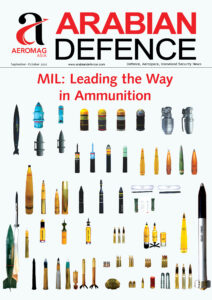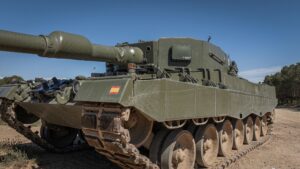
CFM International has shipped the first production LEAP-1A engines outfitted with its new reverse bleed system (RBS) to Airbus, with entry into commercial service expected by mid-year. The new production configuration hardware will also be installed in the existing fleet by both airlines and overhaul shops. CFM will introduce the RBS on the LEAP-1B engine, as well.
The LEAP-1A engine with new RBS system, which mitigates carbon build-up on fuel nozzles, was certified by FAA and EASA in 2023. As a result, the requirement for on-wing fuel nozzle replacement and associated maintenance burden will be dramatically reduced. Once the system is fully deployed throughout the fleet, CFM anticipates fuel nozzle replacement to generally occur only during performance restoration shop visits. Availability of the hardware, which can be installed on wing in as few as ten hours, is expected in the second quarter of this year.
“CFM has always invested in product improvements designed to meet customer expectations for our engines. The reverse bleed system is the latest example of that commitment,” said Gaël Méheust, president and CEO of CFM International. “It is a testament to the ingenuity of our technical and customer teams, who designed a solution that seamlessly integrates with existing aircraft systems. This RBS is part of a broader plan to improve engine durability, that will see additional upgrades introduced throughout the year.”
Installation training for the RBS is available at four CFM facilities: the GE Customer Technical Education Center (CTEC) in Springdale, Ohio; Safran Aircraft Engines Customer Training Center (CTC) in Montereau, France; Aero Engine Maintenance Training Center (AEMTC) in Guanghan, China; and CFM Aircraft Engine Support South Asia (CFMAESSA) in Hyderabad, India.
In service, the advanced CFM LEAP engine family provides 15 to 20 percent lower fuel consumption and CO2 emissions, as well as a significant improvement in noise compared to previous generation engines. Since its entry into service in 2016, the LEAP engine has allowed CFM customers to reduce CO2 emissions by more than 32 million tons.* The LEAP engine family has been the most successful new product introduction in CFM’s nearly 50-year history, with the fastest ramp up of engine flight hours ever in the industry – approaching 50 million hours and 20 million cycles in just over seven years.











